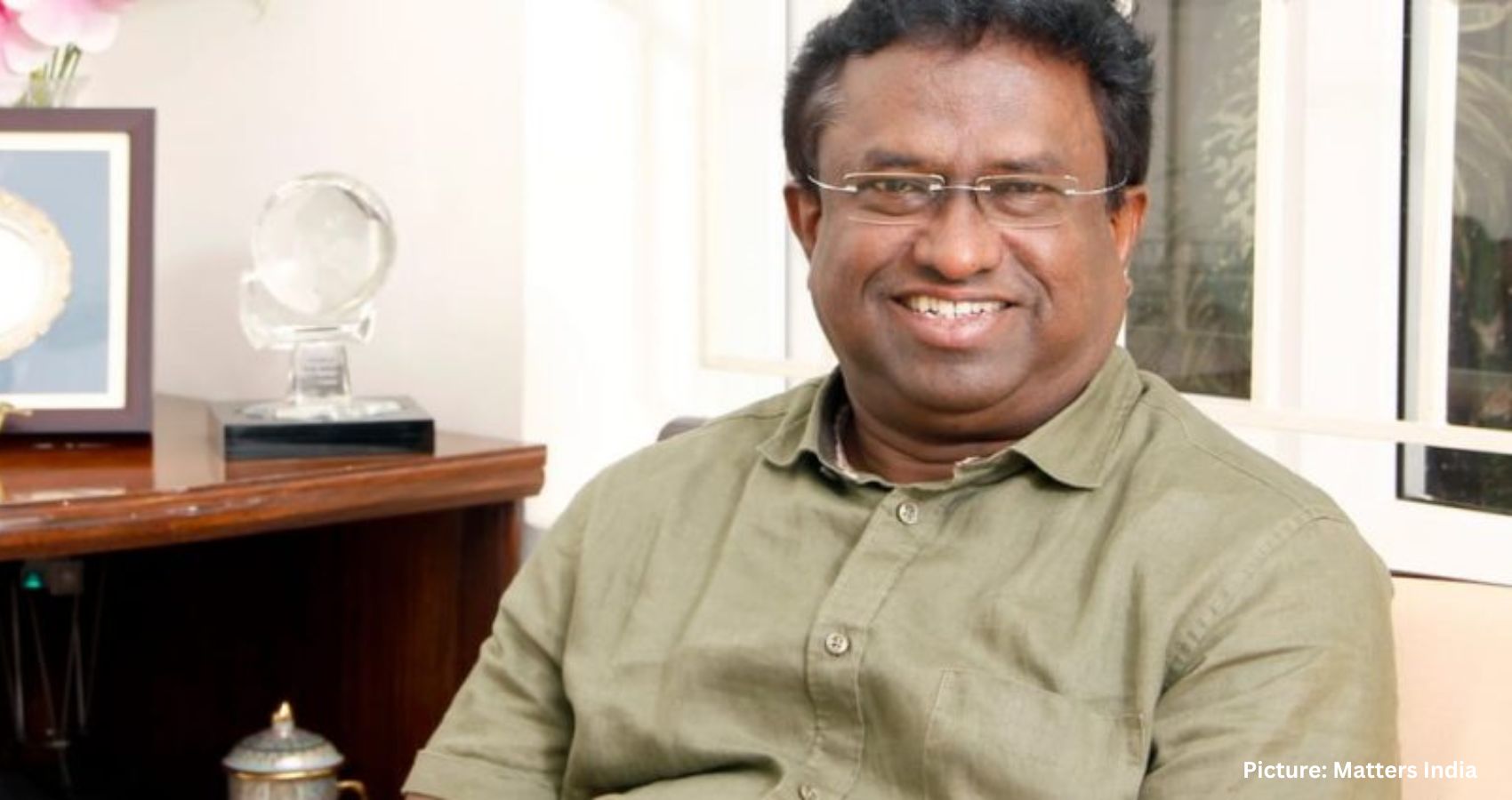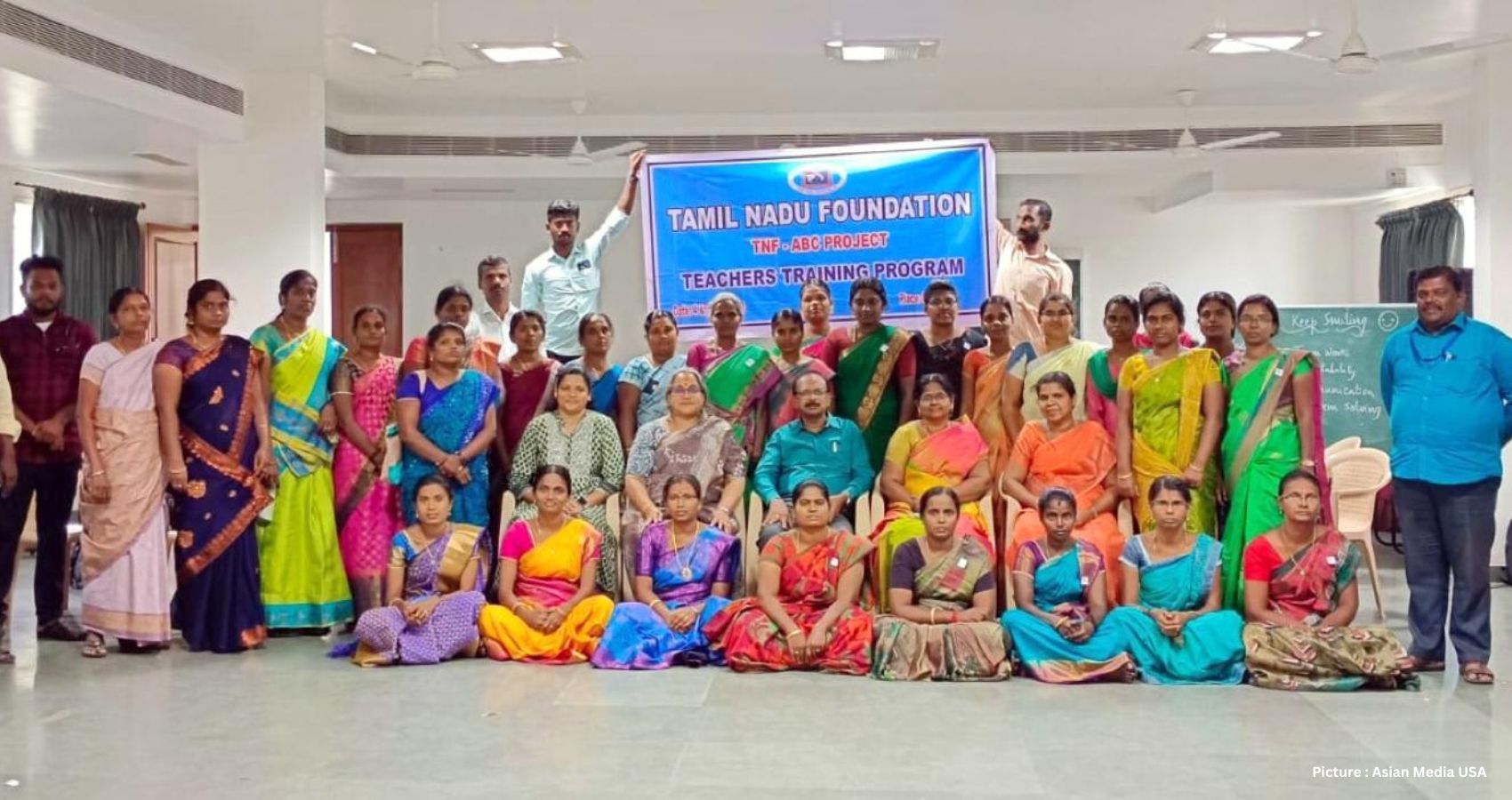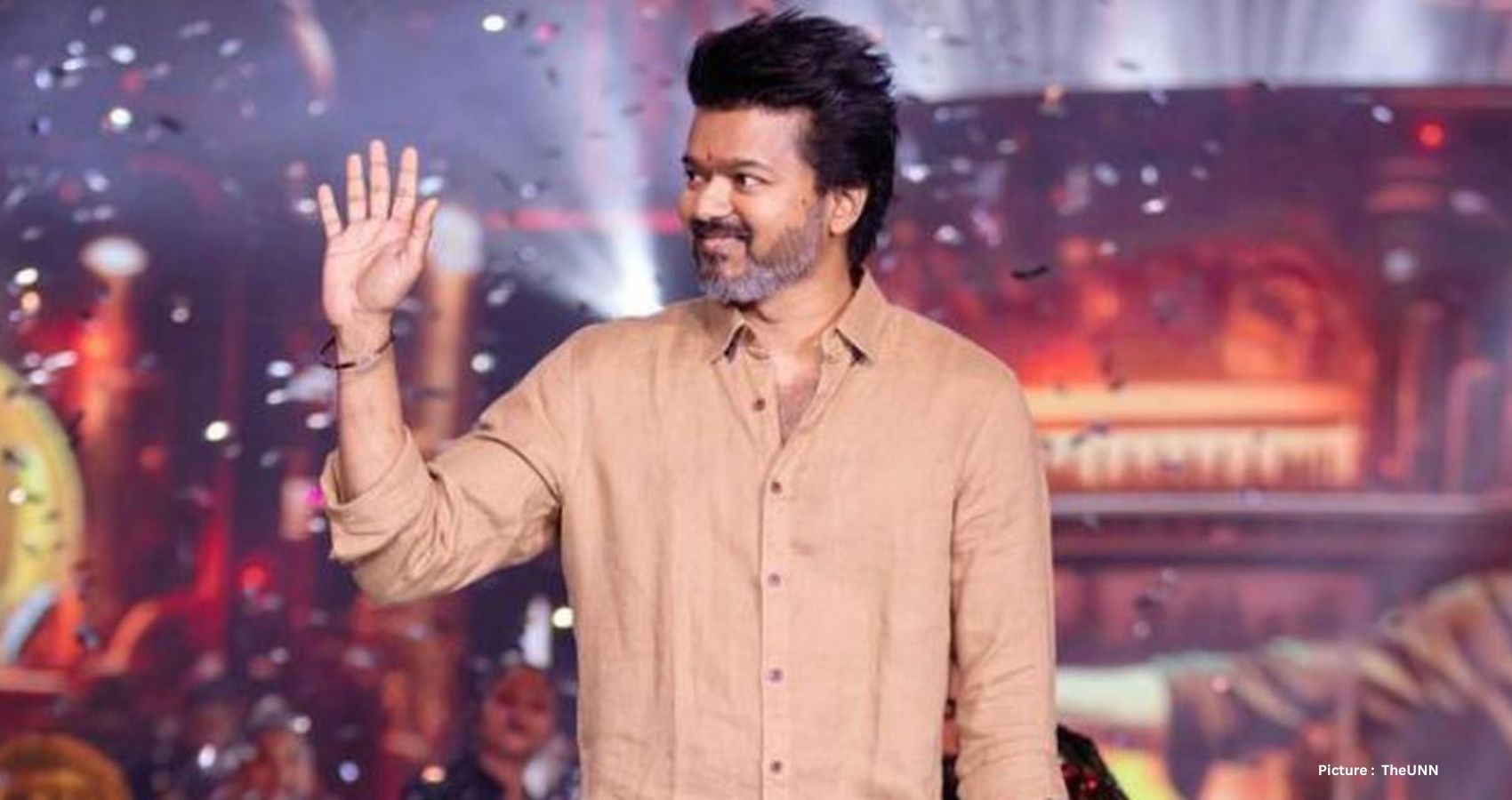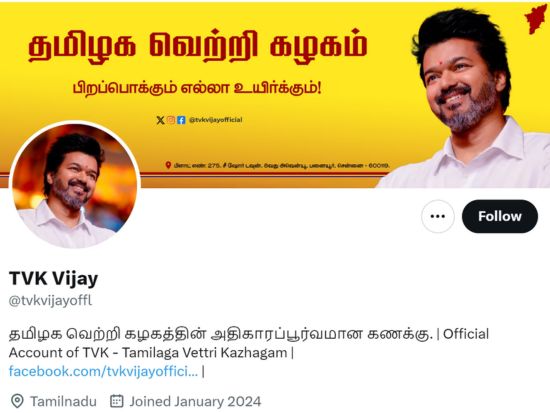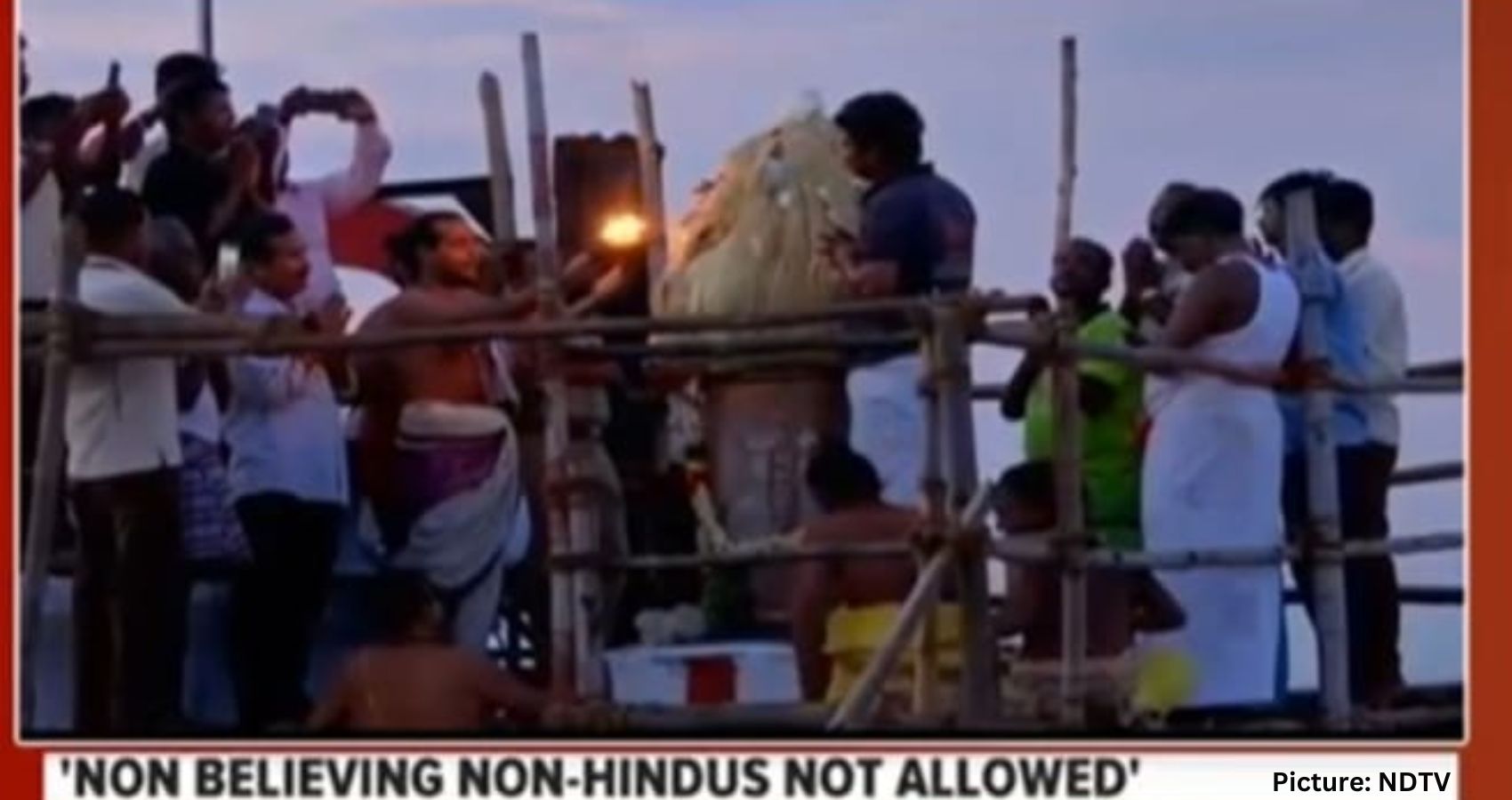Chennai, July 24, 2024: The southern Indian state of Tamil Nadu has appointed Jesuit Father Joe Arun as the chairperson of its 10-member Minorities Commission.
A government notification on July 23 said the appointment is for three years.
The commission vice chairperson is M M Abdul Khaddhus.
Other members in the commission are Hamilton Welson, A Sornaraj, Nagore A H Najimudeen, Praveen Kumar Tatia, Rajendra Prasad, M Rameet Kapoor, J Mohammed Rafi and S Vasanth.
Father Arun, a member of the Jesuit Chennai province, succeeds Peter Alphonse, a former Member of Parliament, a lawyer and a renowned Congressman.
The 59-year-old Jesuit is the secretary for the higher education secretariat of Jesuit Conference of South Asia and Director of the Chennai-based LIBA (Loyola Institute of Business Administration), a 45-year-old business management institute.
In his 23 years of robust experience in academic and industry, Father Arun has done extensive research in the areas of consumer behavior, cross-cultural management, conflict and identity construction and other related areas. He has published books and scientific papers on personal growth, globalization, leadership and strategy.
He holds an MBA from IIBM and Madras University and a doctorate from Oxford University UK.
Earlier, he directed St. Joseph’s Institute of Management, Trichy. During his tenure the institute became one of the top B-Schools in India. He has also served as the director of Goa Institute of Management and as the secretary and correspondent of Loyola College, director of Xavier Institute of Business Administration, Palayamkottai.
In August 2010, Tamil Nadu became the 12th state to set up the Minorities Commission as a statutory body to protect the rights and interest of minorities. It visits various parts of the state to study the problems of the minorities and recommends suitable remedial measures to the departments concerned.

